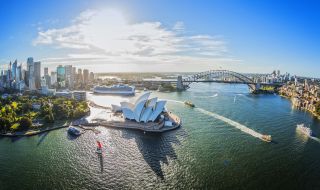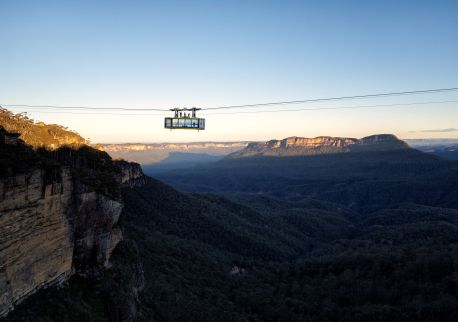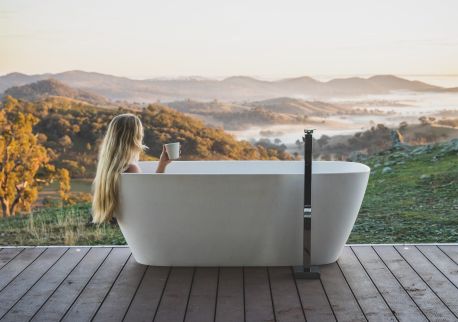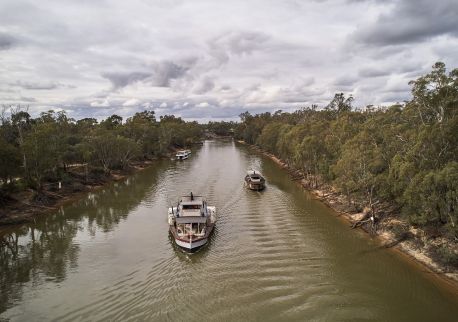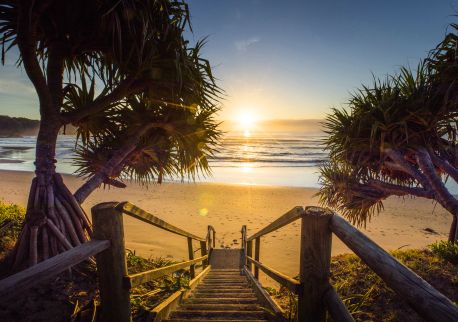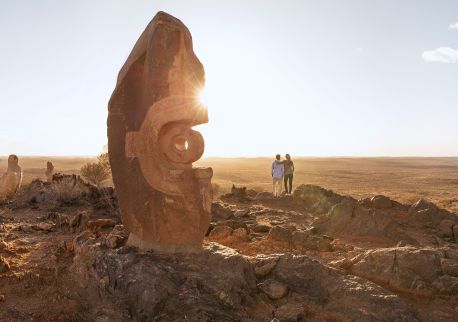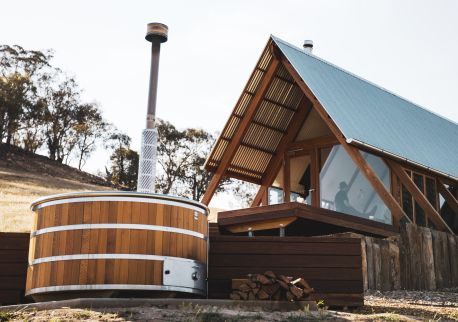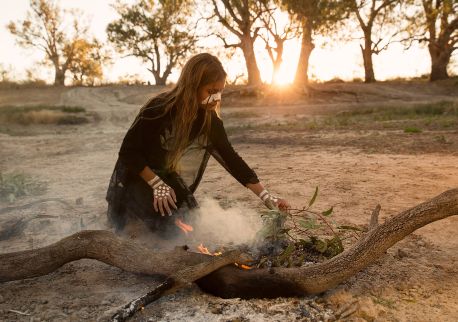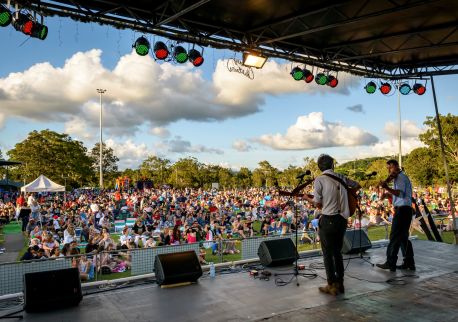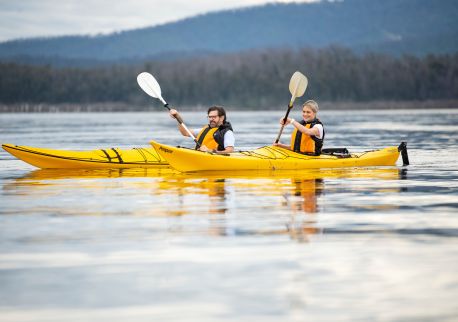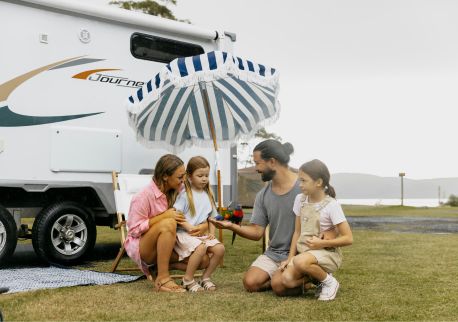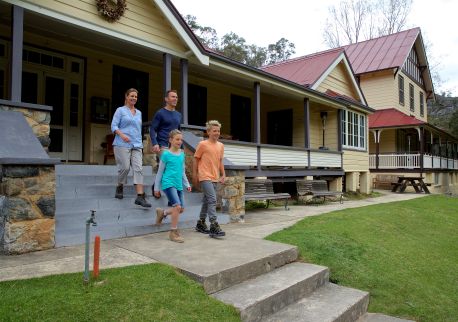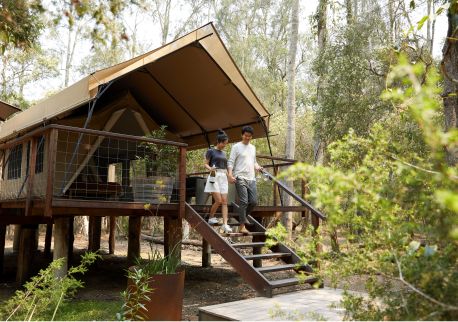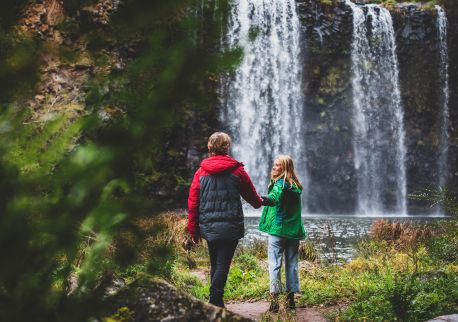The Carrington Hotel
Highlights
Overview
The Carrington Hotel has enjoyed a long and rich history since its establishment by Sydney hotelier Harry Rowell over 140 years ago. Opened in 1883 as 'The Great Western', this magnificent property soon became a popular mountain retreat for international visitors, the elite of Sydney, and those eager to see the natural wonders of the Blue Mountains.
Restored to its former grandeur, the heritage-listed Carrington Hotel is a local landmark offering the elegance, luxury and charm of yesteryear. Spacious guest rooms and suites are offered in an array of different styles, catering for all tastes and budgets. The hotel is the perfect destination for a romantic getaway, a family escape or a convenient base from which to explore the UNESCO World Heritage-listed Blue Mountains National Park.
Situated in the heart of Katoomba, amidst cafes, restaurants, art galleries, and gift stores, and only a few minutes walk from Katoomba Railway Station, the hotel features an award-winning Grand Dining Room, The Old City Bank Bar & Brasserie, Champagne Charlie's Cocktail Bar, Billiards Room, guest lounges with open fires, free guest parking and more.
Accessibility
Access and Inclusion Statement
Actively welcomes people with access needs.
Adhere to The Food Authority requirements for allergy management in food preparation
Allow space around toilet for a wheelchair (A space of at least 900mm width beside the toilet pan and 1200mm clearance in front of the toilet pan is required)
Caters for people who use a wheelchair.
Caters for people with allergies and intolerances.
Caters for people with sufficient mobility to climb a few steps but who would benefit from fixtures to aid balance. (This includes people using walking frames and mobility aids)
Employ people with disability
Have a doorbell or intercom at an accessible height and display a contact number (accessible height is 900mm-1100 mm)
Have a shower curtain (no door)
Have a wheelchair accessible bathroom (Entrance to bathroom must have step free greater than 5mm or a doorway threshold ramp not exceeding 1:8 for 450mm. Bathrooms dimensions must be no less than 2000mm X 2500mm. Have a hobless (step free) shower recess. Shower recess must have at least 1100 x 1100mm clear area for wheelchair access (no door). Have a slip resistant fold down seat or fixed seat in shower .Seat must be at least 900mm long.)
Have a wheelchair accessible toilet / shower and change room
Have accessibility information and photos, including of a bathroom, room and/or floor plan on your website (can be emailed on request)
Have an accessible public toilet which is unlocked
Have enough space for a wheelchair to move around three sides of a double king sized bed (A pathway of 1200mm minimum width is required for wheelchair access)
Have lifts with enough space for people using a mobility aid to enter and turn around to use the lift buttons. Buttons are at accessible height.
Have step free access to restaurant, lounge and bar
Have step free access to room (Entrance to the room wheelchair accessible with step free greater than 5mm or has a doorway threshold ramp not exceeding 1:8 for 450mm length)
Have step free access to the conference or function room
Modify your cooking and cleaning practices to cater for people with food allergies or chemical intolerances (could include menus with meals free from: nuts, dairy, seafood, eggs, gluten etc)
Offer a range of contact methods for receiving complaints
Offer multiple options for booking - web, email, phone
Provide a choice of wheelchair accessible accommodation rooms (Guest may wish to know if you have a choice of wheelchair accessible rooms, such as single room / studio apartment / apartment / cottage / quality / views, etc. Wheelchairs require a 1600mm x 2200mm width area to turn around and require step free access.)
Provide seating in common areas including reception area
Train your staff to respond to allergic reactions
Use Plain English / easy read signage and information (includes menus and emergency information)
Welcomes and assists people who have challenges with learning, communication, understanding and behaviour. (includes people with autism, intellectual disability, Down syndrome, acquired brain injury (ABI), dyslexia and dementia)
